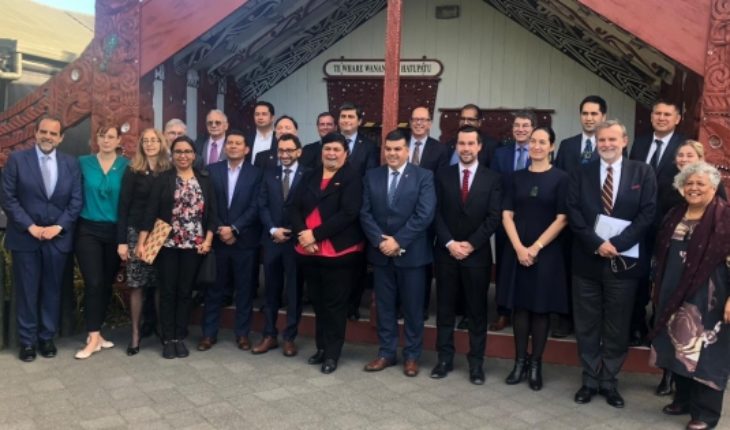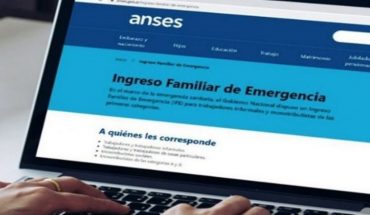this Wednesday, October 10 opened the IX vers ion of the World Indigenous Forum of business New Zealand 2018, event that seeks to connect to different indigenous communities and peoples from all over the world in order to make a strong cultural exchange and make investments of economic groups indigenous.
This year’s Edition featured Chilean presence, as the Vice President of the Chamber of Deputies, Jaime Mulet, and the mapuche leader of La Araucanía and President of the Foundation Institute of development of indigenous leadership, Diego Ancalao, as Ambassador of the activity.
“I am very honored and grateful for the consideration of the Maori people of New Zealand to consider me as Ambassador of the indigenous world business forum, but at the same time, is a great opportunity that opens up to the indigenous peoples of Chile understand the” Genesis, the depth and scope of the development of the Maori people, because all Maori development is based on the pillar of the economic, political and educational development, and Chile is very far from reaching this development, because it is still in the care”, said Ancalao.
In the same vein, the mapuche leader added that “it is also a great opportunity for Chile, because the relationships that can be generated with this direct experience with the Maori people, allow open countless opportunities not only in learning, but it also in important investment groups economic indigenous people that exist in the global network of indigenous entrepreneurs, which are also part. For this reason, the idea is that we can transform into an articulator in order to attach to the indigenous peoples of Chile with different native peoples developed in the world, which is something very important and that need us.”
“It is very important that understanding in Chile that if indigenous peoples develop, also the full country, develops as it is proven that all State policies towards native peoples have been unsuccessful, and assistance which you have not” allowed to develop its economy as it says the article 20 of the Declaration of the rights of indigenous peoples of the UN, which says that they should develop its economy as a collective right, not as a particular right, is not an individual guarantee, it is collective. Unable to resolve a historical conflict in violation of various international covenants, as who has signed the Chilean State welfare policies”, highlighted the mapuche leader.
Finally, Ancalao said that “the Maori people seems very much with the Mapuche people, particularly in that there are two of three indigenous peoples of the world that has signed agreements with modern States.” The Maori people signed the Treaty of Waitangi in 1843, which recognized autonomy and territories, and the Mapuche people signed the Trapihue Treaty of 1825, in such a way that there are many similarities, since the Maori development is based on the recognition of the Treaty. “This Pact was created the Court of Waitangi and hence is generated all the recognition of State policies in terms of repair and return of territory and compensation in the event that appropriate”.
translated from Spanish: Maori people of New Zealand appoints Diego Ancalao as Ambassador of the indigenous world business forum
October 11, 2018 |





